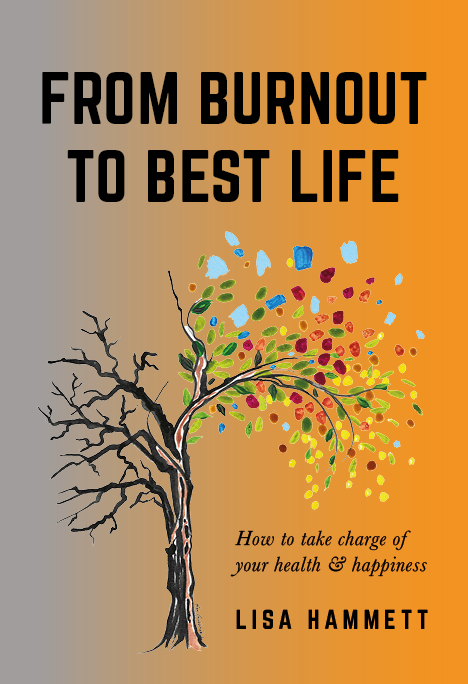
In my August 5th blog post, I shared that I’m a recovering Hyper-Achiever. Another fun fact about myself is that I’m also a recovering Pleaser. Yay me!
Pleasers try to gain acceptance and affection by helping, pleasing, rescuing, or flattering others. Pleasers lose sight of their own needs and often become resentful.
It’s human nature to want to be liked. We are social beings.
It brings us joy to have loving relationships with others. It’s also human nature to avoid things that are difficult. Conflict and saying no are difficult and can make us uncomfortable. Yet, both are necessary for open, honest communication. Saying no is necessary for establishing healthy boundaries. It’s one thing to want to please and care for those we love. When people pleasing becomes a way to avoid conflict and always involves putting others needs above our own, it can lead to resentment, depression, worry, anxiety, stress, and eventually, angry outbursts.
Pleasers feel that expressing their own needs is selfish and may drive others away. They become resentful for being taken for granted but have difficulty expressing their emotions.
We are not born Pleasers. During childhood Pleasers learn that the way to earn attention and acceptance is through helping others. They have the misguided notion that in order to receive love, affection, and praise they must put others’ needs above their own.
My mother suffered from mental illness, which manifested in high anxiety and moodiness. If I did something to displease her, she would shut me out for days at a time. I developed my Pleaser and Hyper-Achiever tendencies to receive positive attention and approval. If I kept her happy, I wouldn’t be ignored.
As I grew older, my Pleaser manifested in a fear of saying no. This generated a lot of stress as I over-committed to projects and social events. Do you suffer from an over-committed schedule? Do you say yes to avoid criticism and conflict? I can attest that this behavior will only lead to more stress and resentment.

Learning to say no is imperative to overcoming a Pleaser mindset and establishing healthy boundaries.
Saying no will be uncomfortable at first, but with repetition, it will become easier. A polite, “I’m unable to help out this time due to other commitments; please keep me in mind for future opportunities,” will suffice. You don’t have to provide a dissertation as to why you are unable to participate. In fact, the less you say the better.
Learning to categorize commitments by importance is an excellent way to take back your schedule.
The first step is journaling how you spend your time each day. This will create awareness of time suckers that can be eliminated. Common time suckers include scrolling social media or binge watching Netflix.
Time blocking all tasks will ensure you have time for breaks, lunches, and self-care.
If you’re a struggling Pleaser, I can help. Imagine how much more productive, happy, and peaceful you’ll be when you’re in control of your schedule and you’ve established healthy boundaries.
#Pleaser #PositiveIntelligence #stressmanagement #burnoutprevention #SuccessCoach








